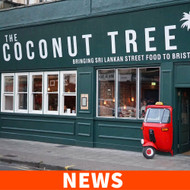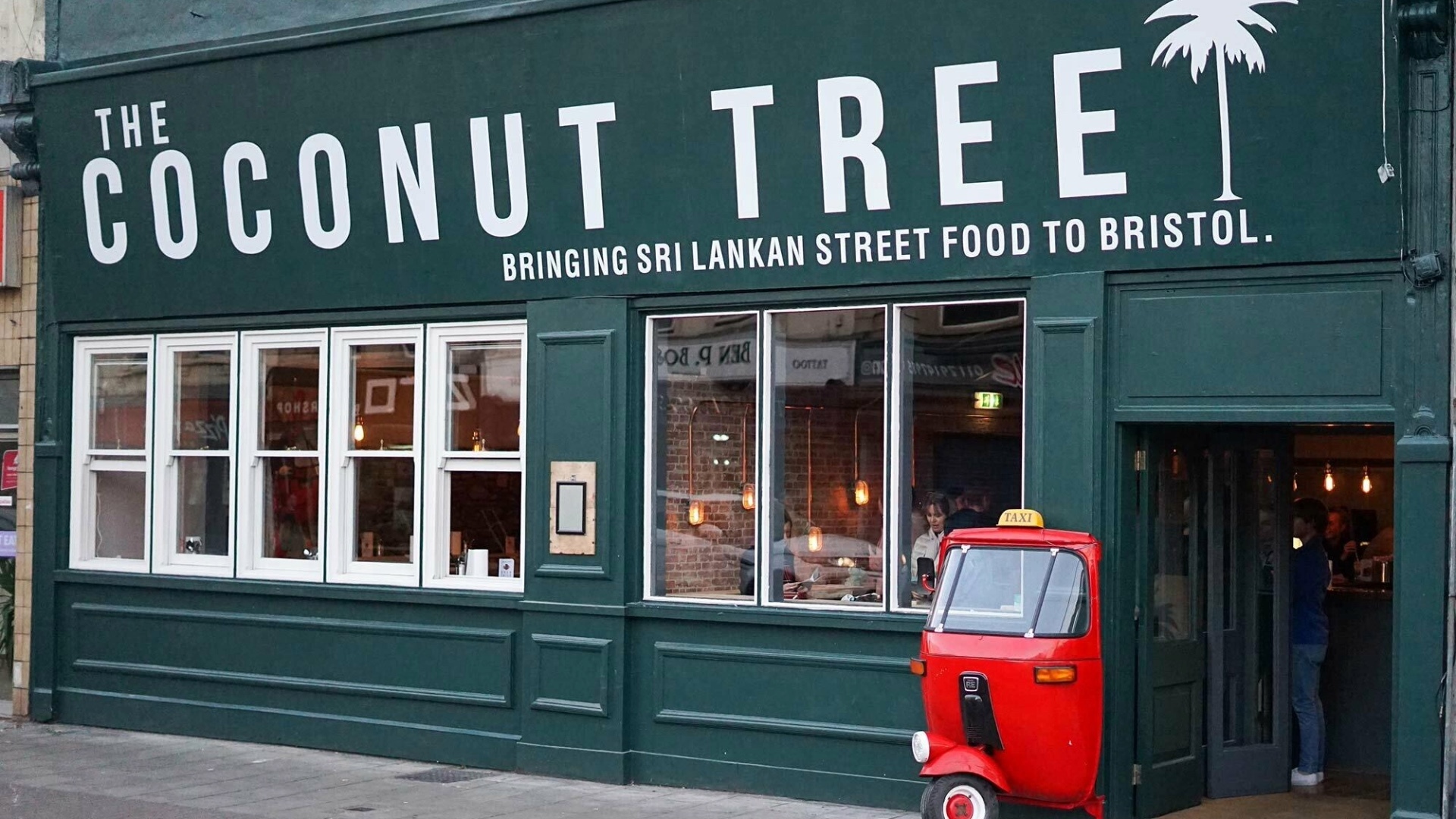The Coconut Tree falls into administration amid mounting tax debt
Posted by Emma on 12th Nov 2025 Reading Time:
The Coconut Tree restaurant group, known for bringing Sri Lankan street food to the British high street, has entered administration after defaulting on a £1.6 million tax bill owed to HM Revenue and Customs (HMRC).
Administrators Mark Boughey and Rebecca Dacre of Forvis Mazars were appointed on 6 November 2025 to oversee the process, marking a major setback for a brand once hailed as a rising star in the casual dining scene.
Founded in 2016 by a group of Sri Lankan friends — Mithra Fernando, Rashintha Rodrigo, Shamil Tiranjan Fernando, Dhanushka Fernando, and Praveen Cliford Demitrius Fernando Thangiah — The Coconut Tree expanded rapidly from a single Cheltenham pub to a portfolio of eight restaurants at its peak . Its success story became a familiar one across hospitality: authentic food, bold flavours, and a friendly brand image that resonated with younger diners.
From expansion to default
The company entered a Company Voluntary Arrangement (CVA) in June 2024 after struggling with arrears, despite having launched a £1 million crowdfunding campaign earlier that year to fuel growth to 50 sites.
Under the CVA’s repayment schedule, the group was required to make escalating monthly payments — £27,000 for the first three months, £45,000 for the next 12, then £50,000 and £55,000 until April 2028 . But with £1.3 million in unpaid VAT and nearly £240,000 in PAYE and National Insurance contributions, the strain proved too heavy.
Although a brief payment holiday was granted in March 2025, the group ultimately defaulted. Total contributions made before default reached just £376,000.
Attempts to raise capital through asset sales and franchising failed. The proposed sale and leaseback of its Cheltenham freehold site fell through, as did a potential franchise agreement in Bournemouth .
Trading continues – for now
Despite its financial collapse, The Coconut Tree continues to trade from its seven remaining restaurants in Bristol, Bath, Oxford, Reading, Cheltenham, and others . Bookings remain open, suggesting that administrators may be exploring a sale of the business as a going concern.
The group’s collapse follows a familiar pattern within Britain’s casual dining landscape, where rising costs, tax arrears, and delayed recovery post-pandemic have pushed several mid-sized operators to the brink.
A reflection of a wider crisis
The Coconut Tree’s situation underscores the ongoing fragility of the hospitality sector. Despite a resilient consumer appetite for dining out, operators continue to face a toxic mix of high rents, labour shortages, and persistent inflation in food and energy prices.
For a brand once celebrated for its communal dining and street-food ethos, the fall into administration serves as a sobering reminder that passion and personality can only go so far when the numbers stop adding up.
As administrators work to determine the group’s future, the story of The Coconut Tree will likely become another case study in how rapid expansion and external economic pressures can unseat even the most vibrant of independent restaurant chains.




